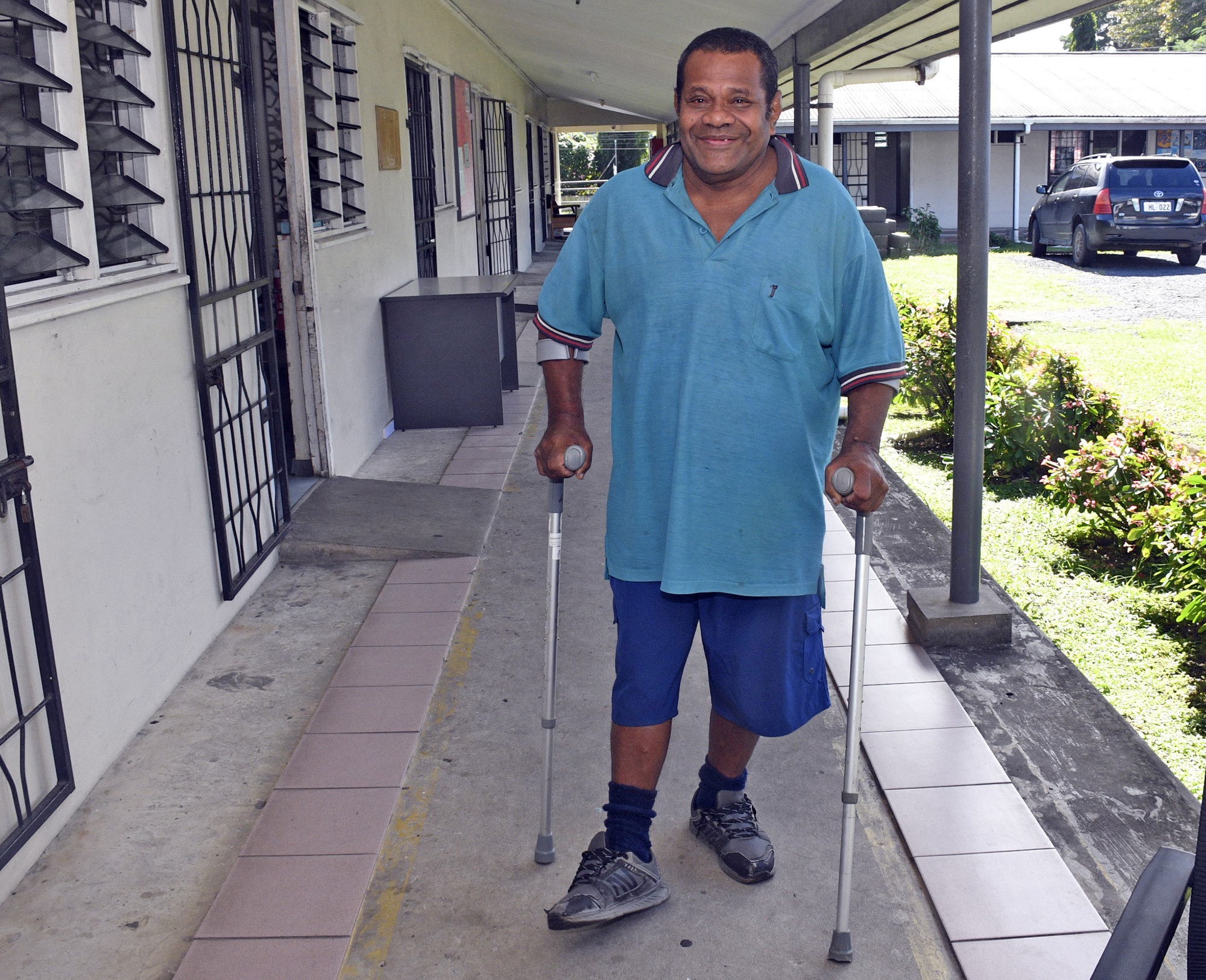EVERY day, an estimated three Fijians present at the Colonial War Memorial Hospital with stroke.
The revelation by Counterstroke Fiji sounds yet another warning of how current lifestyle trends are exacerbating the likelihood of strokes and other life-threatening diseases.
Counterstroke Fiji president Elizabeth Reade Fong says while consolidated and overall data on stroke is difficult to pinpoint, they are aware that more and younger people — in the prime of their life — are suffering strokes.
“In recent decades we have recorded the youngest stroke survivor as being four years old, another at 12 years old, another at 15 years old, 28 years old, 32 years old, 44 years old, and 55 years old,” she said.
Ms Fong said people needed to take better care of themselves, starting with their diet or eating habits.
“Globally, one in four people are likely to experience a stroke in their lifetime — from very mild to severe. Transient Ischaemic Attacks (TIA) can often be overlooked and may, or may not, result in a more severe stroke.
“The likelihood of stroke is exacerbated by lifestyle behaviours, and especially diet.
“Over the decades since independence, and the first trade agreements, Fijians have moved away from eating traditional, whole foods, and have increasingly eaten ultra-processed foods that are considered ‘convenient’ to buy and prepare.”
She said the prevalence of ‘devices’ also meant individuals led sedentary lifestyles.
“This is also witnessed in long hours of yaqona consumption — there is then less time for physical exercise.”
Prevention, she said, was the only cure.
“Stroke is very real and evidence is clearly seen in the physical impact on individuals.
“Changing a lifestyle of 8 hours work, 8 hours sleep and 8 hours or relaxation interspersed with healthy (local foods) eating will prevent stroke.
“Prevention is the only cure, and a holistic approach is the only option.”
Since its establishment in 1988, Ms Fong said Counterstroke Fiji had reached out to “many hundreds of survivors”, and hosts a weekly TalkShop where survivors gather and talk, while their blood pressure and blood sugars are measured, and exercises are undertaken with the help of a physiotherapist.



